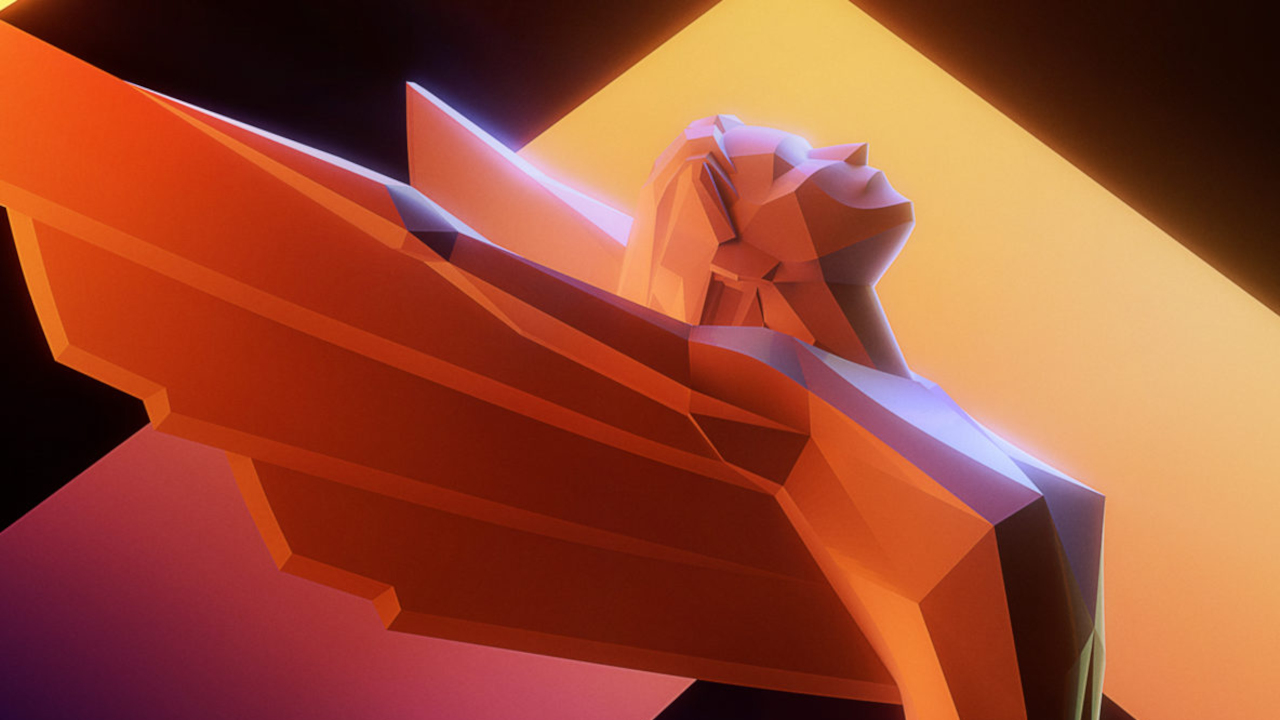Why I Won’t Be Watching The Game Awards This Year
Something is off.

The Game Awards‘s 2023 edition arrives tonight at 6:30PM CT, but I’m not going to lie: I’m just not feeling it this year. I’m not going to tune in, I’m not going to watch it, and I’m not going to be following all the news as it drops on Twitter.
And no, it’s not just because my friends and I are getting together IRL for a League of Legends LAN party, although that’s certainly a contributing factor.
The Game Awards is an annual video game industry event highlighting a wide assortment of video games, organizations, events, and individuals across gaming and esports. This year’s show hosts over 30 nomination categories for a wide assortment of criteria, from “Most Anticipated Game” to “Best Adaptation.” Across the show, reveal trailers and game announcements are sure to drop. Last year, Supergiant Games famously announced Hades 2 during the ceremony.
But I just can’t bring myself to watch The Game Awards this year. Certainly, I want to celebrate all the hard work my colleagues have done over the year, but 2023 has been marked by a gaming job market in free fall, leaving many hopeless and scared for their future in this industry.
The Game Awards and the games industry
A quick Google search reveals just how awful 2023 has been for gaming workers. In late November, an industry expert told NPR that an estimated “6,500 to 7,000 jobs” were cut across gaming. Just this week alone, EA confirmed Codemasters received cuts, TinyBuild closed Hakjak Studios, Insurgency: Sandstorm’s New World Interactive laid off employees, Fae Farm’s Phoenix Labs parted ways with 34 workers, and League of Geeks announced that “more than 50 percent of our studio has been impacted by redundancies.”
That’s not even including cuts announced in November, like Free Radical Design’s closure and Humble Games’ layoff.
Prior to November, a year-long layoff wave among major, established companies took the industry by storm. In the spring, EA cut around 6 percent of its staff. In late September, Epic Games parted ways with over 800 staffers, throwing Fall Guys creator Mediatonic and music distribution platform Bandcamp into disarray. Unity has dropped over 1,000 employees throughout the year alone.
In October, Destiny 2 developer Bungie cut approximately 100 employees, resulting in immense pressure around Destiny’s “The Final Shape” expansion. Remaining staff reportedly fear more layoffs are around the corner if the project bombs, per IGN.
Game developers aren’t the only ones taking hits. Shortly after its Valorant Champions Tour victory, the esports organization Evil Geniuses cut over a dozen staffers in November. Major streaming platform Twitch went through two layoff rounds this year, leaving hundreds without jobs. And yes, my fellow writers, editors, and managers in games media are hurting, too. GameSpot and Giant Bomb were affected by Fandom cuts in January. Kotaku was hit by G/O Media redundancies in November. Even GAMURS, the network that owns The Mary Sue, went through its own layoff wave in the spring.
Nor are my thoughts simply with the games industry. An assortment of The Game Awards Future Class members signed an open letter requesting for host Geoff Keighley and his Game Awards team to “express support for the protection of Palestinian human rights” and “call for a long-term ceasefire before any more civilian lives are unjustly taken.” Yet as of this morning, Keighley and The Game Awards have not responded to the request. In the face of violence, how can one host such a major event—one that received over 100 million online viewers last year—without listening to the cries of the marginalized within our own industry? For many Palestinian game developers, the industry’s silence is damning.
One could argue that The Game Awards is an opportunity to honor all the hard work that so many wonderful people have contributed throughout the industry, from programmers to artists, PR reps to event organizers. But I don’t feel like celebrating this year. I feel nervous about gaming’s future. I feel nervous about where our industry is headed, how developers will be impacted by a changing economy, and how major companies turn their gaze away from the violence that powerful governments carry out.
I’d like to feel pride and joy for my field. Instead, I feel anxiety, shame, and concern. Where is this field going? I don’t know, but I don’t like it.
(featured image: The Game Awards)
Have a tip we should know? tips@themarysue.com